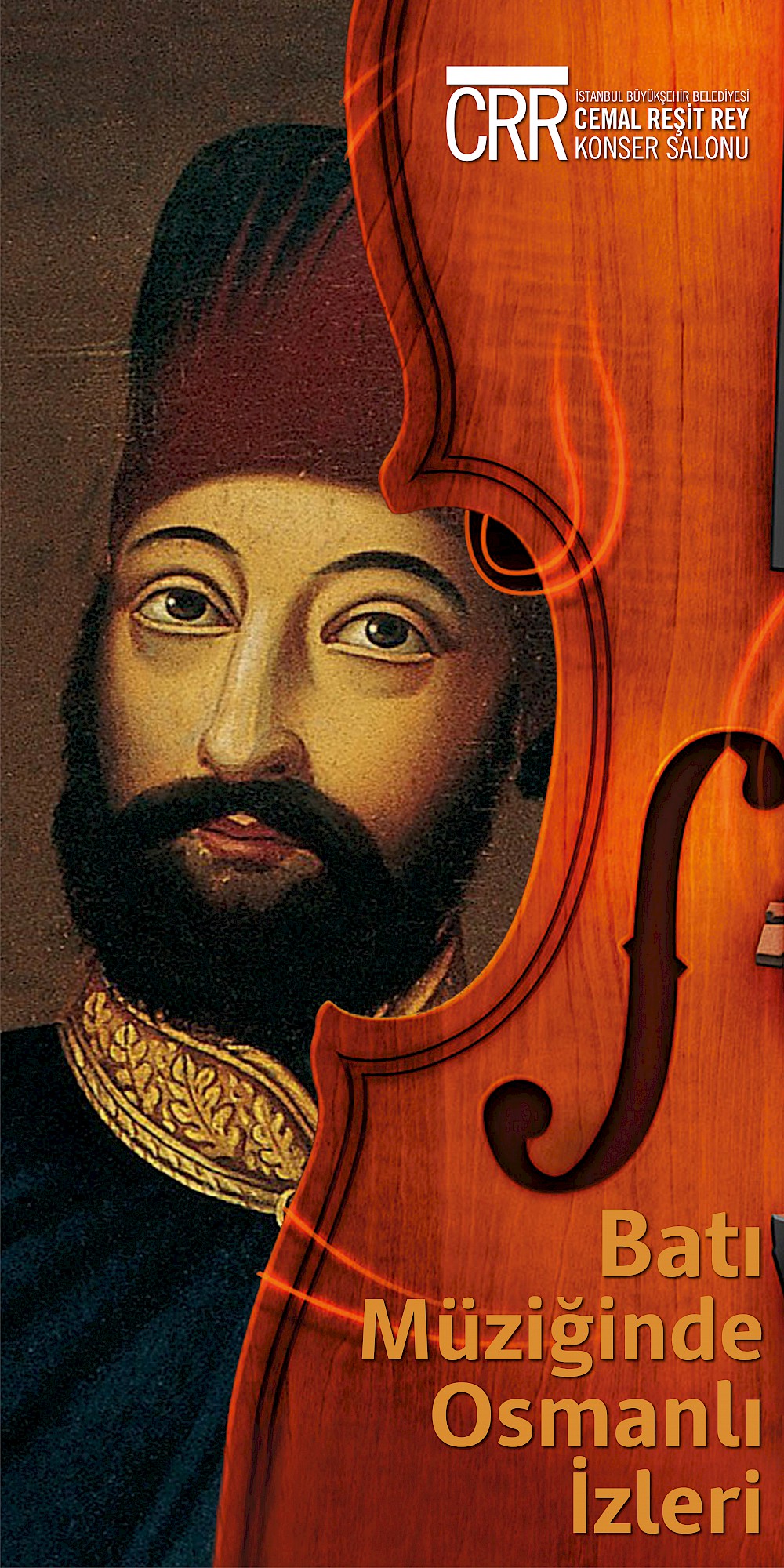Janissary music, mehter bands and marches attracted the attention of every European musician. XVII. The 'oriental epidemic' has spread in Europe since the 19th century. Turkish fabric, national clothes, rich jewelry, musical instruments, coffee and tulips not only influenced central European cities such as Germany and Vienna, but also impressed Paris, the heart of fashion.
XVII in the West. and XVIII. In the centuries, percussion instruments in the orchestra increased under the influence of Janissary music. Rhythm came to the fore in music, and the great popularity of Janissary music became legendary. It is said that even after Mahmut II canceled the Janissary team and the mehter team completely and banned mehter music in the Ottoman Empire in 1826, similar teams were established in Europe until the end of the 19th century and people enjoyed watching them.
XVII in Europe. Since the 19th century, the number of operas about Turks has exceeded 200. The subject of most of them is the Ottoman sultans, their lifestyles and harem events. Suleiman the Magnificent 20 times, Beyazıt I 15 times (due to his war with Timur), Fatih Sultan Mehmet 10 times, Sultan İbrahim II. Ahmet and II. Osman has been the subject of operas many times. Kara Mustafa, one of the Grand Viziers, was the subject of operas.
The Ottoman Empire and its sultans, which I would like to open parenthesis, especially Sultan Abdülmecid, Sultan Abdülaziz and Sultan Abulhamid, who have always been tried to be portrayed under a love of westernization, in fact their mastery of conservatism against their own music and at the same time "neighborhood music"; not content with that, their interpretations aroused envy and admiration at the same time. I would like to express my astonishment at the information I have obtained as a result of my deep research:
Ottoman sultans, who were always tried to be portrayed as brutal and cruel, went to war under the music of the mehter band; but at the same time, they used to listen to opera and compose in their palaces. We know very few people who listen to the Mehter band and do not admire it. Among the Europeans, the Austrians are in a more special place among these admirers. That is, despite the Ottoman-Austrian wars that continued for two centuries, Austria was not content with listening to the Mehter bands passing through their cities as a sign of victory after the war, but they also established mehter bands. In 1741, the Austrian government requested Turkish musical instruments from the Ottoman Empire to make the mehter band for the palace more ostentatious and "closer to the original". Even II. Mehter imitations in Europe after Mahmut removed the mehter band in the XIX. performed until the end of the century.
